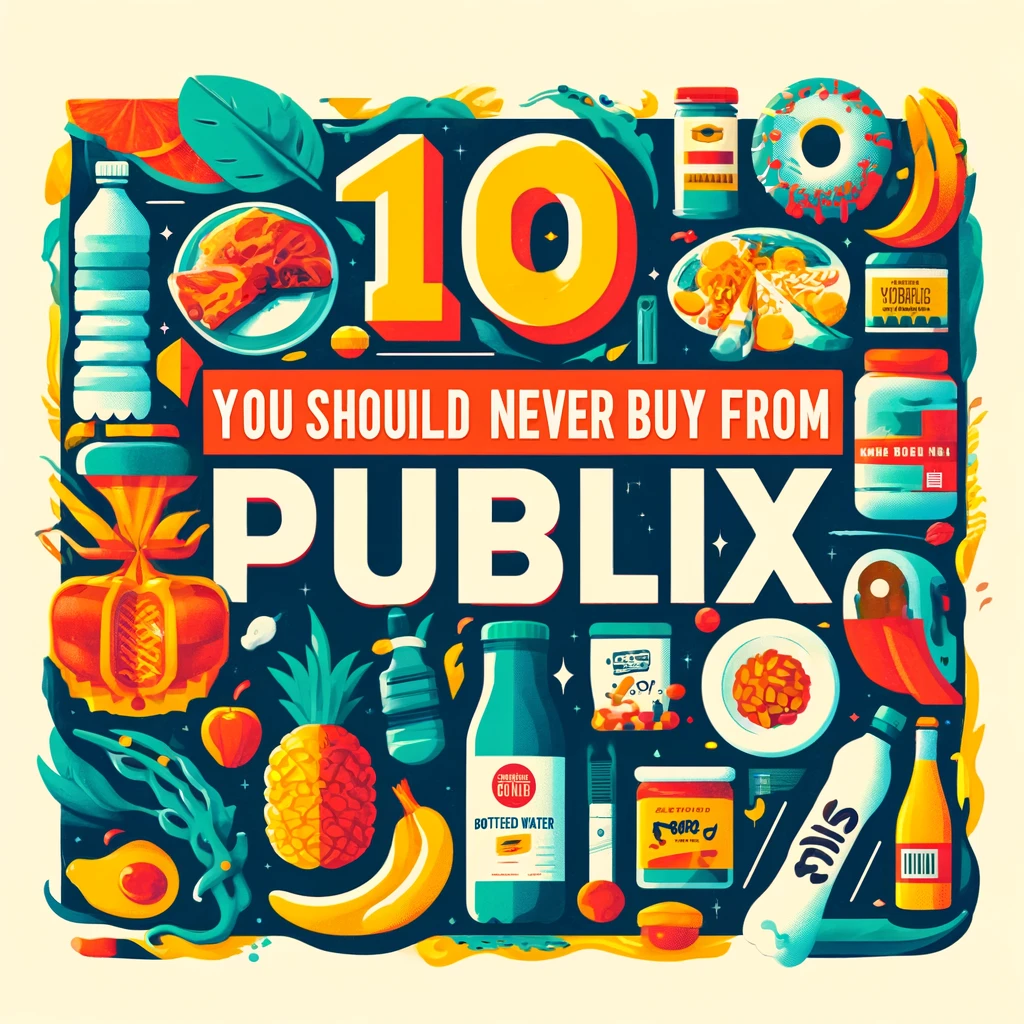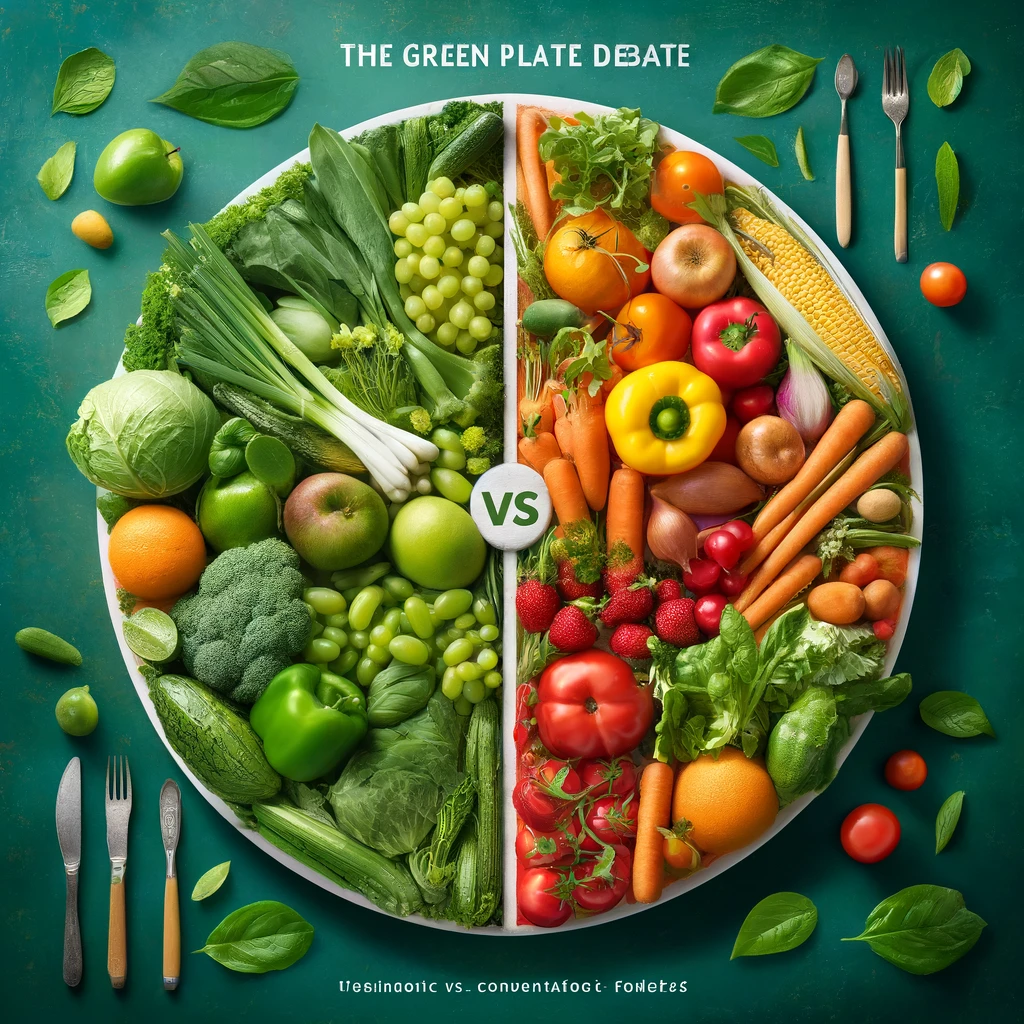10 Grocery Choices You Should Stop Making If You’re Poor
In tough economic times, making smarter grocery choices becomes crucial, especially if you’re on a tight budget. This article explores 10 grocery choices you should stop making to better manage your finances. By avoiding these common pitfalls, you can save money and make each dollar stretch further.











